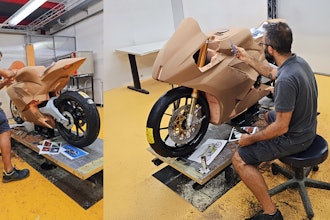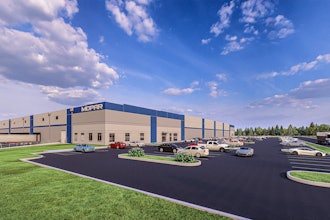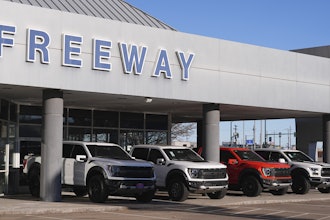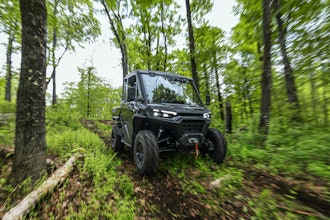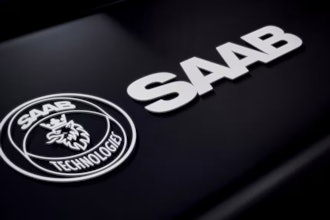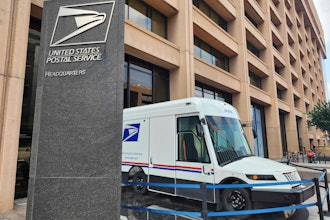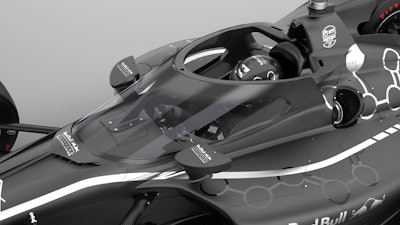
IndyCar will use an "Aeroscreen" developed by Red Bull Advanced Technologies for cockpit protection beginning next season.
The safety piece will virtually cover the open-air cockpit with a clear screen anchored by and on a titanium framework. Its purpose is to protect drivers from flying debris. Justin Wilson died in 2015 when a piece of debris struck his helmet during a race at Pocono.
"IndyCar has always been on the forefront of driver safety," said Scott Dixon, the five-time and reigning IndyCar Series champion. "They are constantly looking and evaluating what needs to be done. It's something they have done throughout history if you look back through the different eras since auto racing started over 100 years ago."
IndyCar has tested various windscreen concepts, including one by PPG Aerospace that drivers used in tests last year. Although the drivers who tested the windscreen did not report any issues, comprehensive testing at PPG's facility in Alabama showed more work was needed before implementation. IndyCar was able to take that research to give Red Bull additional data and information for development of the current design.
IndyCar this month introduced a debris deflector mounted at the front of the cockpit that was first used on the road course race at Indianapolis Motor Speedway this month — one race earlier than the planned debut at the Indianapolis 500 on Sunday. The 3-inch titanium deflector was a temporary solution for this season as Red Bull finishes its aeroscreen.
The Red Bull design is a polycarbonate laminated screen with anti-reflective coating on the interior and an anti-fogging device through a heating element. The titanium frame will be mounted in three areas.
It is expected to have load-bearing capability of 150 kilonewtons, which would equal the FIA load for the "Halo" design currently used in Formula One. One kilonewton is equal to approximately 225 pounds, so the screen's capability would be nearly 34,000 pounds (15422.3 kilograms). Drivers will also have a cockpit cooling option designed by Dallara, IndyCar's chassis supplier.
IndyCar hopes for on-track testing with the aeroscreen this summer and that the approved piece is delivered to all teams this fall.
IndyCar President Jay Frye called the aeroscreen a collaborative effort between the series, Red Bull and Dallara that "truly exhibits an unrelenting commitment and passion for enhancing driver safety."












